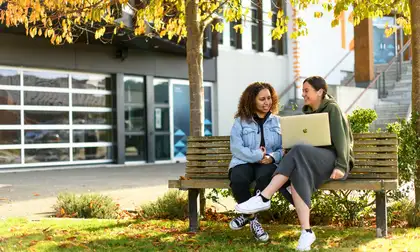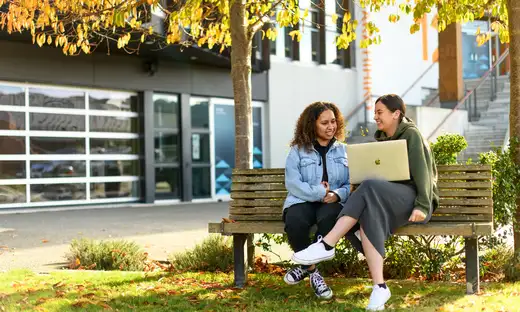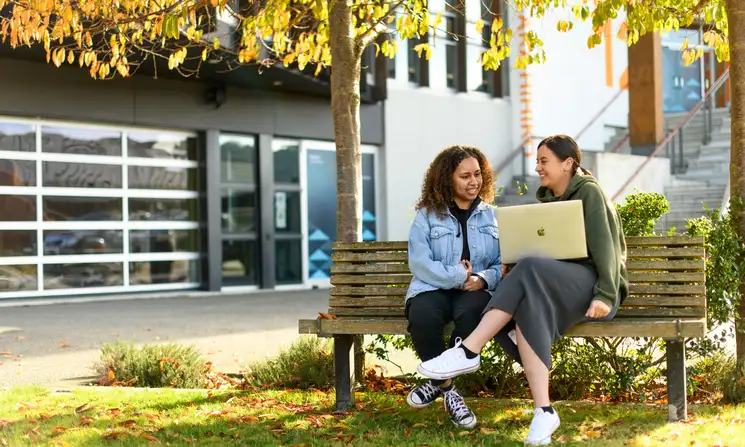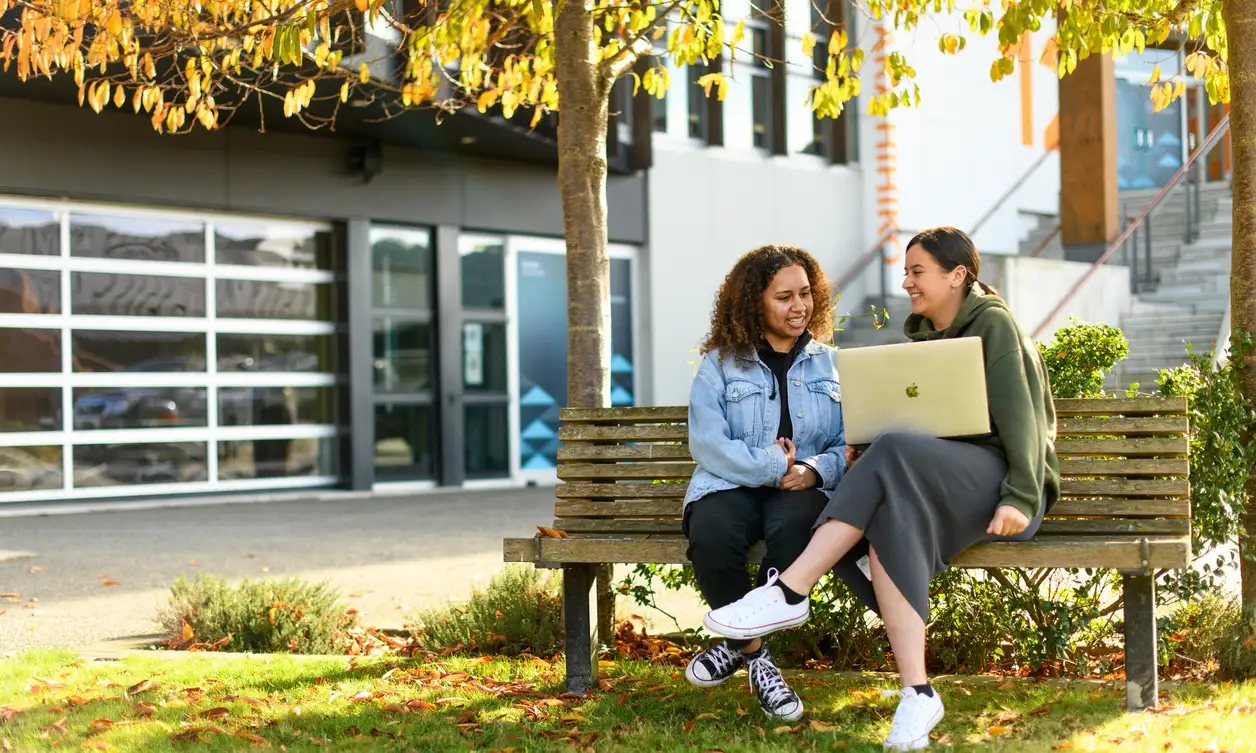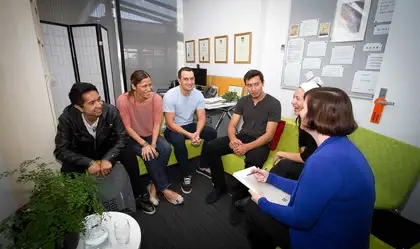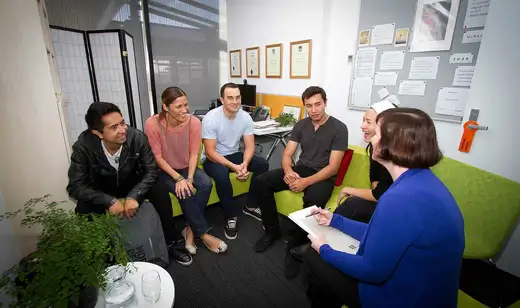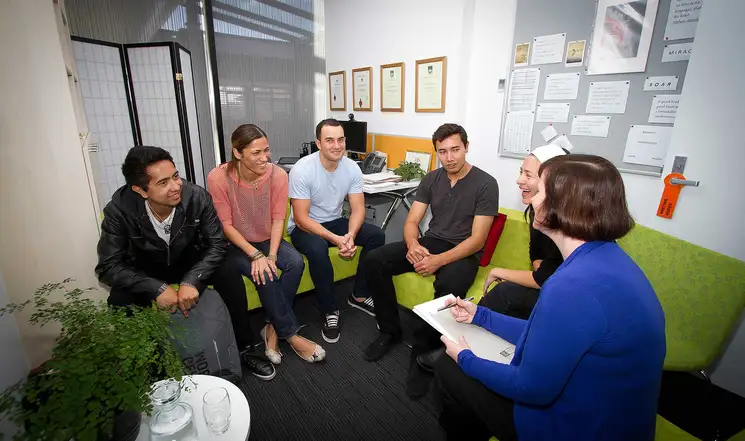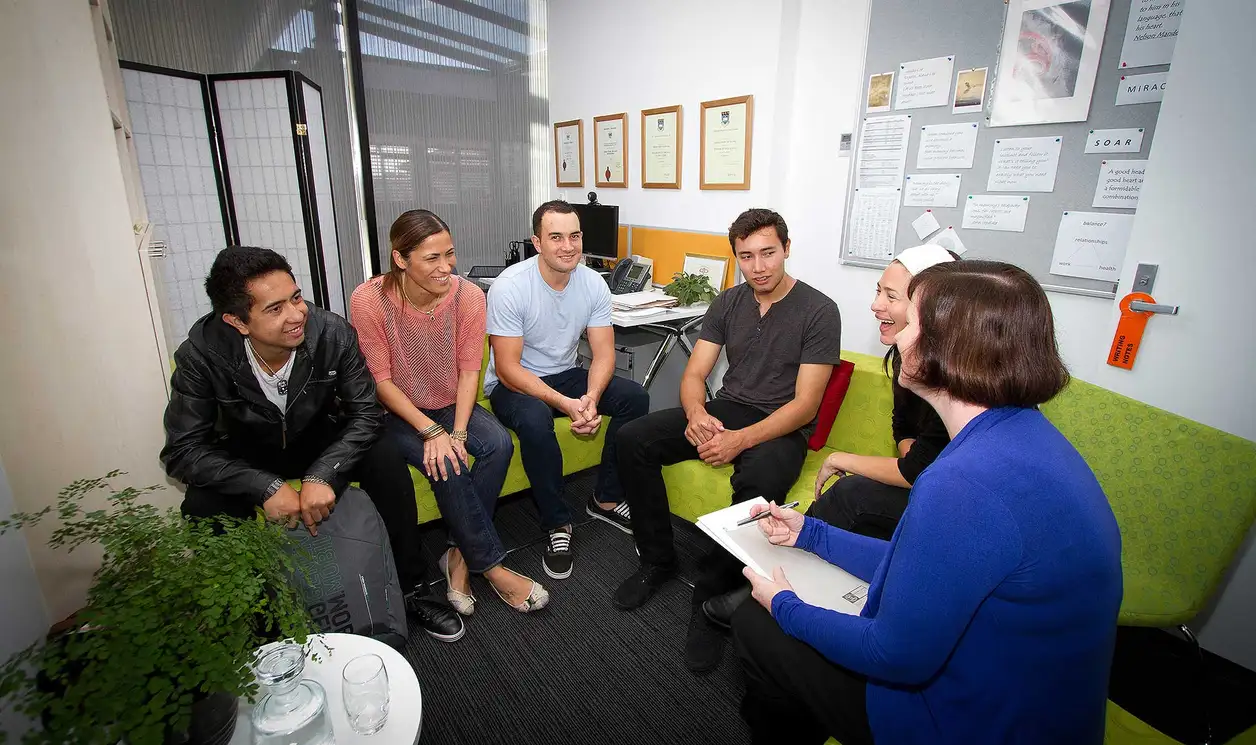Kia ora James! Congratulations on your recent graduation – a huge achievement. So, take me back, what can you remember about your first day at Massey?
Ah, my first week of studying! I was definitely a tad nervous. Transitioning from high school to university felt like a big leap, and I had some reservations about whether I was ready for it. But surprisingly, those worries faded pretty fast. Everything just seemed to fall into place smoothly and before I knew it, excitement started bubbling up. Exploring new topics, diving into fresh ideas – it was all a bit of a thrill to be honest.
You’re a keen snowboarder with international travel already in the bag. What made you choose to study with Massey?
In my last year of high school, I was doing a lot of snowboarding, so I'd already been over to Europe to represent New Zealand. I was in this toss-up, you know? Do I dive into more snowboarding adventures, or do I give university a shot? Deep down, I've always wanted to keep learning, so university seemed like the natural next step. It was just a matter of timing – now or later. What sealed the deal for me was the idea of starting in Palmerston North but still being able to live near the mountains. That's what tipped the scales in Massey's favour. And just like that, it all fell into place and my journey at Massey kicked off on an awesome note.
How did you manage to still compete and train while you were studying?
It was the easiness and the well-developed nature of the online learning environment, and the way that it all just worked really well. During ski seasons, typically from July to October, I'd pack up and head either north to places like Ruapehu or down south to Wanaka and Queenstown. Then, when summer rolled around, I'd usually jet off overseas like I'd been doing for years.
How did the Massey Academy of Sport provide wrap-around support for you as a student-athlete?
The support system in place isn't your typical setup; it's tailored to meet the needs of athletes already deeply involved in their sports. You've got your usual coaching and guidance from the coaches, but there's more to it than that. We had access to nutritionists, sports psychologists and seminars every couple of weeks throughout the semesters. These seminars covered a wide range of topics, with some being revisited to ensure athletes get the most out of them. On top of that, there are designated academic support workers who help with organising schedules and arranging special permissions for exam adjustments, especially when competitions clash. It's a support network that's got your back.









